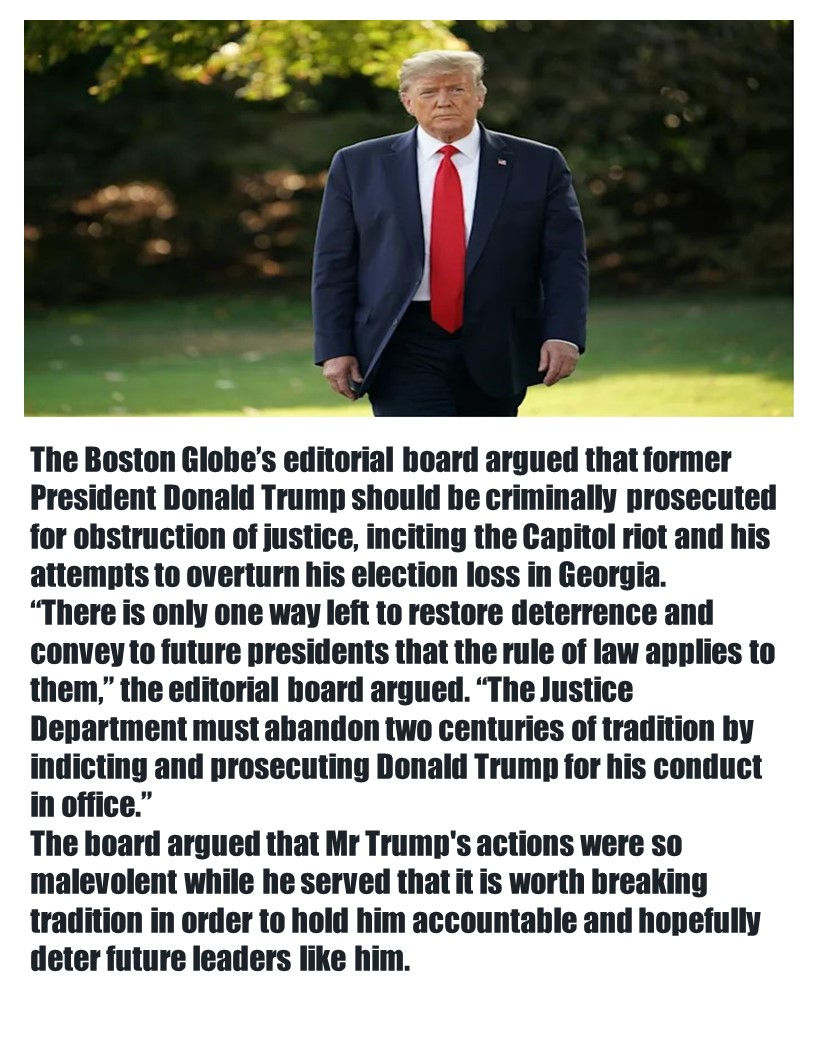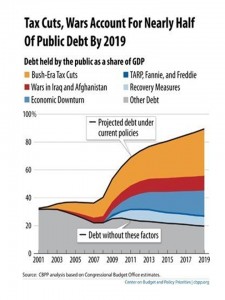America’s history of defending democratic principles leaves a lot to be desired. Actions of presidents in the past bordered on questionable, many times marked by expedience and partisanship. Deadly actions were often taken with little transparency and no real urgency.
A grossly unpopular war was authorized by the Congress’s Gulf of Tonkin Resolution, enacted in 1964, which cited North Vietnamese attacks against an American naval destroyer that probably didn’t happen. Lydon Baines Johnson began a military action without declaring war.
Our first big modern failure in this task occurred after Richard Nixon’s resignation in disgrace after a partial shredding of the Constitution. His many assaults on our democratic principles were rewarded with a very unpopular full pardon by his succeeding Vice President, Gerald Ford on September 8, 1974.
More minor in its scope but still egregious assaults on democracy during the Reagan administration were met with minor slaps on the arms of administration participants, but Ronald Reagan was left relatively untouched by the scandals.
Two illegal actions, a secret operation to sell weapons to a known enemy, Iran, and a nefarious operation to supply arms to the Contra rebel force in Nicaragua, were rather willfully not connected to a popular sitting president who left office in 1989 with a 68% approval rating.
Accountability for Nixon’s illegal actions in the 1970s faded with Nixon’s resignation, and no legal historical precedent was set for several assaults on the fabric our democracy, a fact given surety by Gerald Ford’s pardon.
The erosion of democratic principles on the altar of partisanship, ancient rules, and power grabs relatively flourished during the George W. Bush administration. It commenced immediately when the right-wing radicalized Supreme Court majority in Bush vs. Gore decided the outcome of the 2000 Presidential election. The archaic undemocratic electoral college system aiding that outcome as well with Gore having a popular vote majority.
Beginning with the Reagan administration, division and partisanship had already begun to take precedence over democratic principles, corporate money and power feeding the conservative partisan beast, and the Bush administration rode partisan high with the ruthless politics of Karl Rove and enhanced Republican demagoguery.
A tribal partisanship probably led Bush to discount terrorist warnings when he took office, and the 9/11 terrorist attacks helped define his administration during his two terms. High approval ratings seemed to guide early legislative successes while ideology prioritized corporate interests and reduced governing concerns, which his poor response to Hurricane Katrina demonstrated.
Corporate money and decision-making, more-and-more, took precedence over egalitarian interests. The war on terrorism justified the scuttling of democratic principles leading to policies of torture and a war based on deceit and lies. With some help from Democrats, de-regulation of corporate financial interests led to shady and illegal banking and loan practices.
The Obama administration taking over in 2009 inherited near economic collapse. Republicans, fully a party of the rich, were all for Obama’s effort to bail out major corporations, but balked at a fully-funded stimulus package for the middle class and the poor, determined that Obama’s failure would help them at the polls. Democracy played second fiddle to partisanship for Republicans, especially under the leadership of Mitch McConnell in the Senate. With his concerns for recovery, Obama had no stomach for holding the Bush administration or Wall Street moguls accountable for the war crimes of Bush leaders or financial crimes of Wall Street executives.
Thus, overlooking accountability of such assaults on democracy continued with Obama. The assumption continued that no legal guidelines with teeth were required for democratic leadership and that only candidates with honor would seek election to office.
The precedent for assaults on democratic principles was almost set in concrete with a succession of such assaults when Donald Trump took office in January of 2017. Trump did more to undermine American democracy than any chief executive in the modern era, and probably in all the years of our republic.
His daily attacks on freedom of speech, the independence of the judiciary, the right to vote and many other pillars of our constitutional system were bolstered by an intensely loyal fan base. Like Bush before him, Trump left not only our democratic system but also our economy, our media, and the soul of our nation in shambles. Repairing the damage seems to take precedence.
The trouble is democracy’s immediate future is left in such doubt due to the corrupt nature of the whole Republican Party, that prospects of its long term future is still left hanging. There’s four years of devastating Trump corruption that is precedent for any future bad actor like Trump, and there are several even worse, smarter and just as corrupt Republicans wanting to succeed him.
According to the Boston Globe series of reports, Donald Trump left a treasure map of corruption for future American tyrants. Donald Trump exposed the weaknesses in our system of government, weaknesses that could serve as lawless blueprints of corruption for a Josh Hawley, a Ted Cruz, or even a Marjorie Taylor Greene – all eager to be better tyrants.
There is evidence already that Merritt Garland, Biden’s Attorney General, will not pursue prosecution of Donald Trump for abuse of power, bribery, obstruction of justice, lying under oath, violation of the emolument clause of the Constitution, just starters for his many crimes.
Short term and long term, if the will of the majority weakens, we could be left with Republicans who will use Trump’s tool box of total corruption. In 2020, 74 million Americans wanted that.




